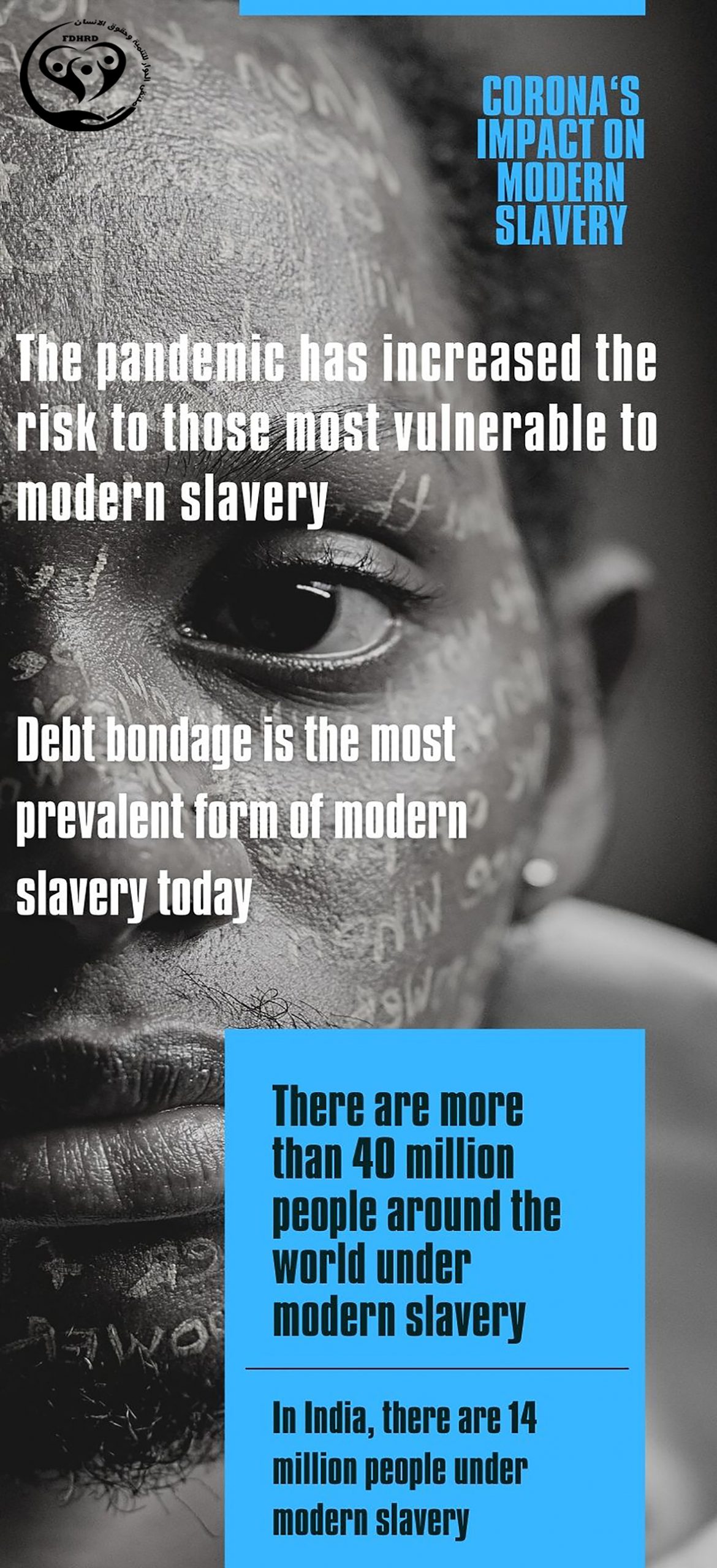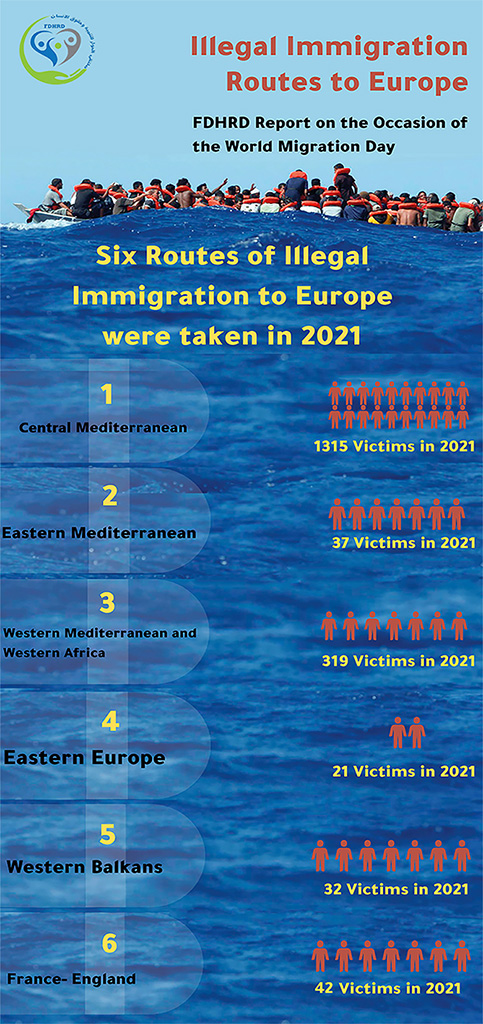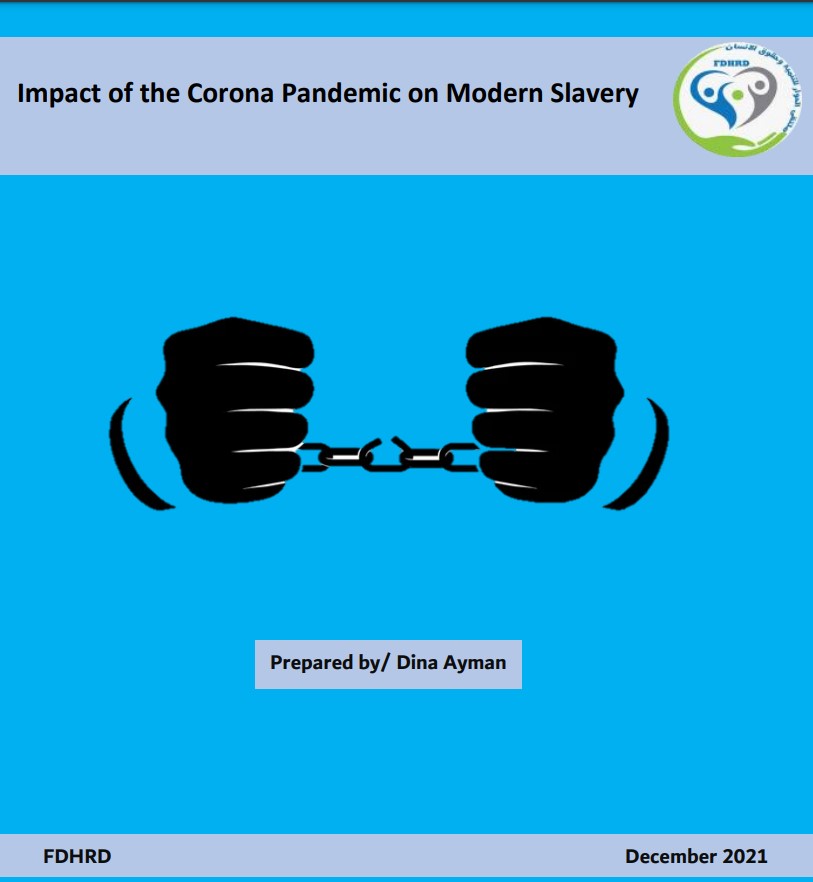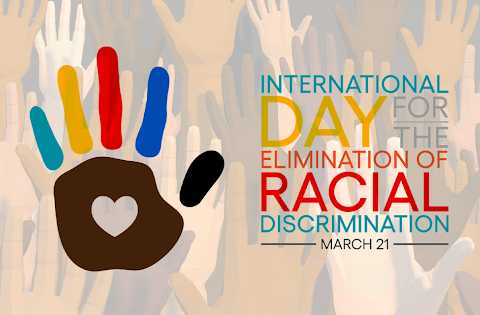Press Release
………………………………………………………………
Today, Wednesday, December 22, 2021, the Unit of Studies and Researches at the Forum for Development and Human Rights Dialogue issued a report entitled: (The Impact of the Corona Pandemic on Modern Slavery). The report emphasized that the issue of modern slavery is a new and widespread phenomenon in developing Asian countries and some African countries. The report highlighted the impact of the Corona pandemic on the spread of this phenomenon and which categories most vulnerable to modern slavery.
The report dealt with some topics, in which it was stated that in order to eliminate the phenomenon of modern slavery, the texts of the various international conventions, both ancient and modern, which stress the need to combat this phenomenon as a violation of human rights, must be adhered to.
Types of Modern Slavery
The report mentioned the existence of various forms of modern slavery, including: human trafficking, forced labor, child labor, and debt bondage. Debt bondage is the most common form of modern slavery. The report also confirmed the existence of nearly 40 million people under the name of slaves, and this number is more than at any time in human history, and their number today is greater than the population of some countries, out of them, 14 million people only exists in India.
The Impact of the Corona Pandemic on Modern Slavery
The Corona pandemic has led to an increase in the threat to immigrant workers and workers in the informal economy, as the pandemic has led to an increase in social and economic inequality between the different social classes. The pandemic also increased the danger to the groups most vulnerable to modern slavery due to the loss of their work as a result of the various factories resorting to reducing employment or dispensing with many of them, following the methods of combating the Corona virus.
Mass unemployment, high debt, and a lack of a government safety net created opportunities for human traffickers, and severe economic turmoil created increased risks to the poorest through food shortages and loss of income. The closures in an attempt to stem the spread of the virus led to mass layoffs. More than a million workers in Bangladesh were laid off or temporarily suspended by late March 2020, and workers face similar crises in Southeast Asia including Cambodia, India, Myanmar and Vietnam.
The report concluded that despite the attempt of many countries to limit the spread of these illegal practices and enact laws for this, these laws are not sufficient to eliminate modern forms of slavery, as permanent livelihoods must be provided for the neediest groups in different societies through which they can provide an income monthly enables them to live in dignity and not resort to these practices that pose a threat to their lives.








